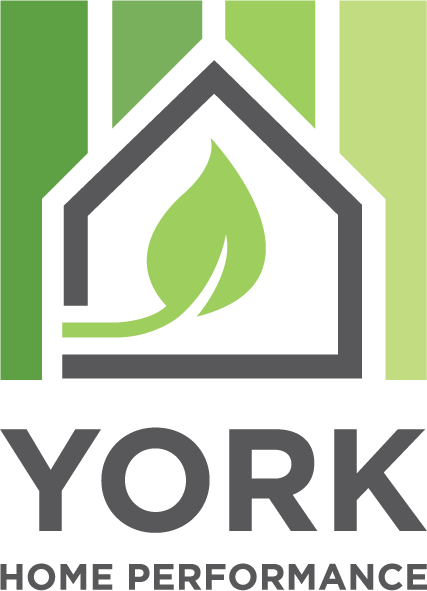
It’s the one area of your home that you avoid. Pests seem to love it, and you have a feeling mold may be thriving there as well. Though you originally envisioned having a rec room or home theater down there, it has become so dark, damp, and musty that you couldn’t imagine doing anything useful with that space.
Sound familiar? We’re talking, of course, about the basement. Many basements here in York County, PA and Parkton and Bel Air, MD are notoriously humid and musty because they haven’t been waterproofed correctly; but they don’t have to be. In fact, with the right solutions, your basement can be just as comfortable as the rest of your home.
As experts in home performance, we thought we’d take a moment to share with you a few tips on how you can reduce the humidity in your basement this summer.
Run a Dehumidifier
One of the first things you should do to reduce moisture levels in the basement is run a dehumidifier. Mold and mildew flourish when relative humidity is above 60%, so use your dehumidifier to maintain humidity levels below that threshold. A thermo-hygrometer can help you measure the relative humidity of your basement independently of your dehumidifier.
It’s also a good idea to run an oscillating fan along with your dehumidifier to circulate the air in the basement.
Make Sure Water Drains Away from Your House
If your sump pump and dehumidifier are running constantly, then there’s a good chance you have water surrounding your basement. Check for any clogs in your downspouts, downspouts that do not carry water far enough away from the foundation, and poor grading near the foundation.
Keep the Basement Warm in the Winter
This may not make your basement less humid this summer, but it will surely keep your basement healthier throughout the rest of the year.
Did you know that as air gets cooler, relative humidity increases? This means that the warmer the air in your basement is, the lower the relative humidity there will be. If you have a finished basement, it needs to be heated to some degree in the winter. Rather than turning off the heat in that area of your home in the winter, keep the temperature at about 58°F to 60°F consistently.
Upgrade Your Basement Insulation
The basement has unique insulation needs because only certain types of insulation are effective at keeping out excess moisture. When we professionally insulate basements, we often use a combination of spray foam and fiberglass rolls. The spray foam seals air leaks and provides a vapor barrier, while the fiberglass provides an additional thermal barrier. Proper insulation is especially important at the floor joists and sill plate.
A Healthy Home Doesn’t Stop at the Basement
Reducing basement humidity is a great start to improving indoor air quality and the overall health of your home, but it isn’t the only area that needs attention. For a truly healthy and efficient home, it’s important to make sure your home is properly sealed and insulated throughout. It’s also important to ensure your windows, doors, and siding are helping rather than harming the health of your home.
